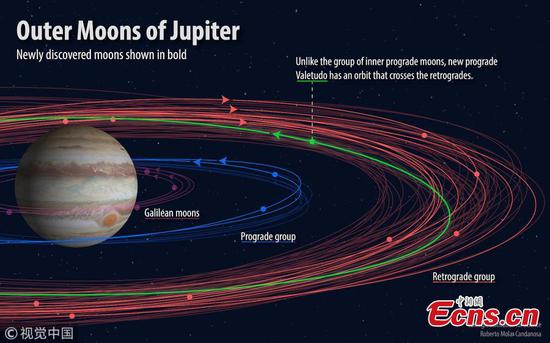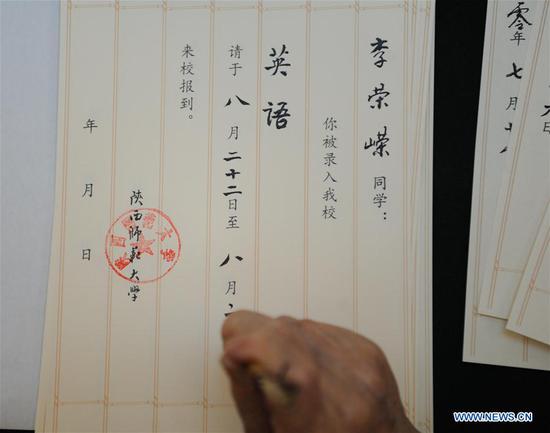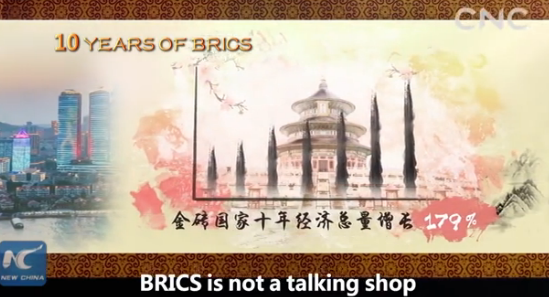A Shanghai-based pharmaceutical company is seeking authorization to market an innovative drug that treats mild-to-moderate Alzheimer's disease (AD).
Called GV-971, the drug has completed its phase-3 clinical trial and is the first multi-targeting and carbohydrate-based drug for the treatment of AD in the world, according to a press release from Green Valley, one of the drug's co-developers, on Tuesday.
As Alzheimer's disease is characterized by the aggregation of the amyloid-β peptide, current research on possible cures mostly concentrate on developing monoclonal antibodies that typically target limited sites of the Aβ species.
GV971, however, offers a more holistic approach. The drug, which is an oligosaccharide extracted from brown algae, can bind to multiple Aβ regions and inhibit Aβ aggregation, the company said. Independent investigations also showed that GV-971 could remodel immune homeostasis, reduce neuro-inflammation and improve cognition impairment by reconditioning the dysbiosis of gut microbiota.
Moreover, the drug also showed no toxic side-effects during the 36-week randomized, double-blinded and placebo-controlled clinical trial.
Green Valley said the company plans to submit the marketing authorization application to the China National Drug Administration later this year.
First discovered by Ocean University of China in January 1997, GV-971 was further developed by the Shanghai Institute of Materia Medica (SIMM) of the Chinese Academy of Sciences and pharmaceutical company Green Valley. Insiders said that the drug is expected to lead a new wave of carbohydrate-based drug development.
Alzheimer's disease is a chronic neurodegenerative disorder characterized by a progressive loss of cognitive function. According to Alzheimer's Disease International, there are approximately 48 million patients with Alzheimer's disease in the world today, and this number is expected to reach 130 million by 2050 due to the rapid growth of the aging population.


















































